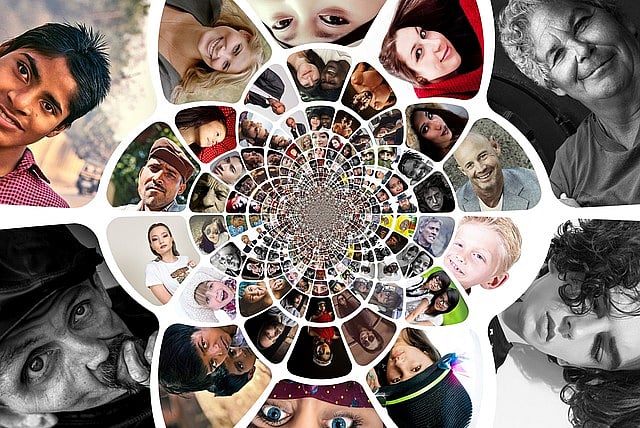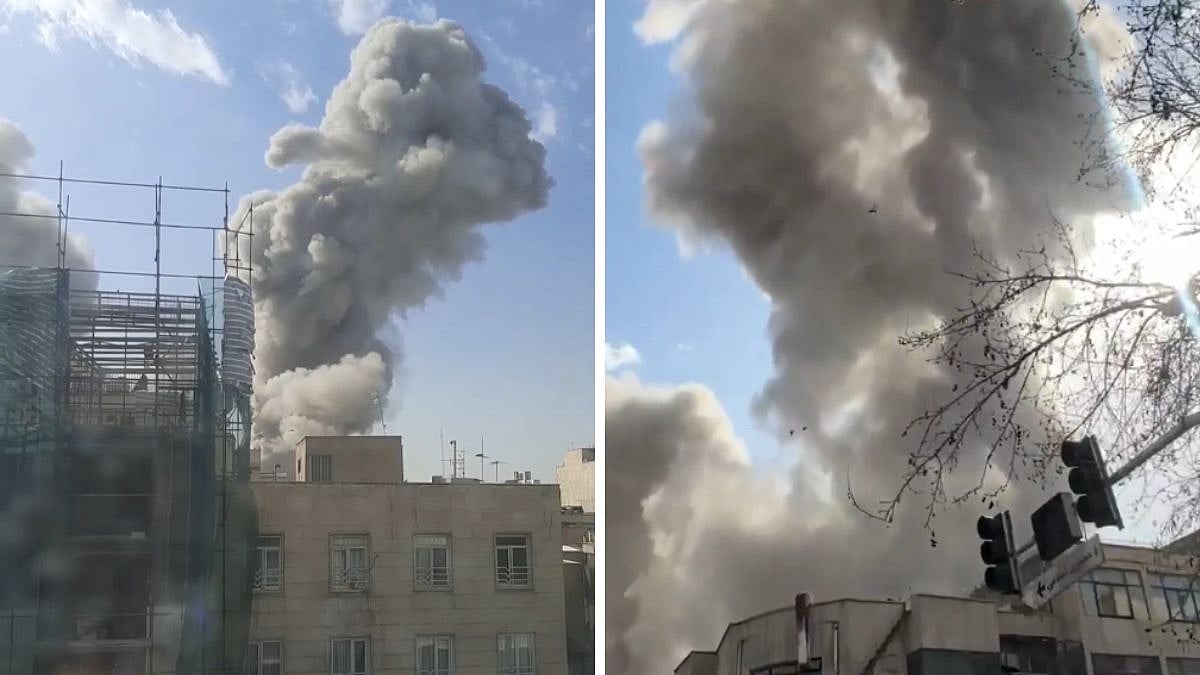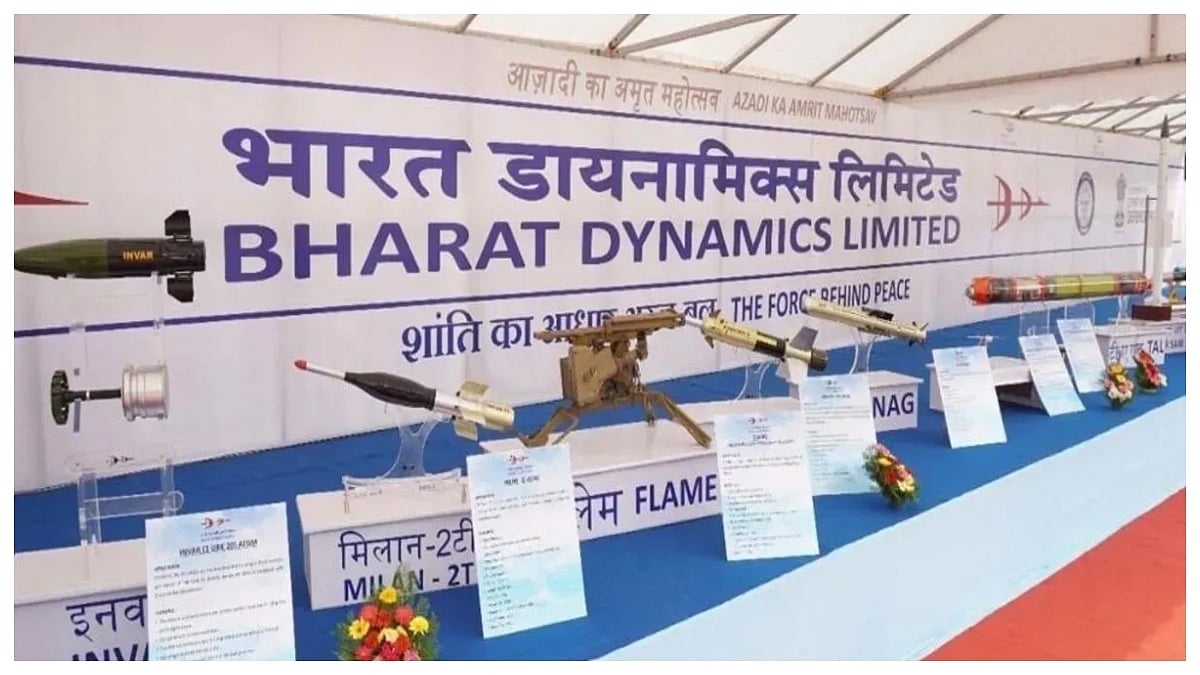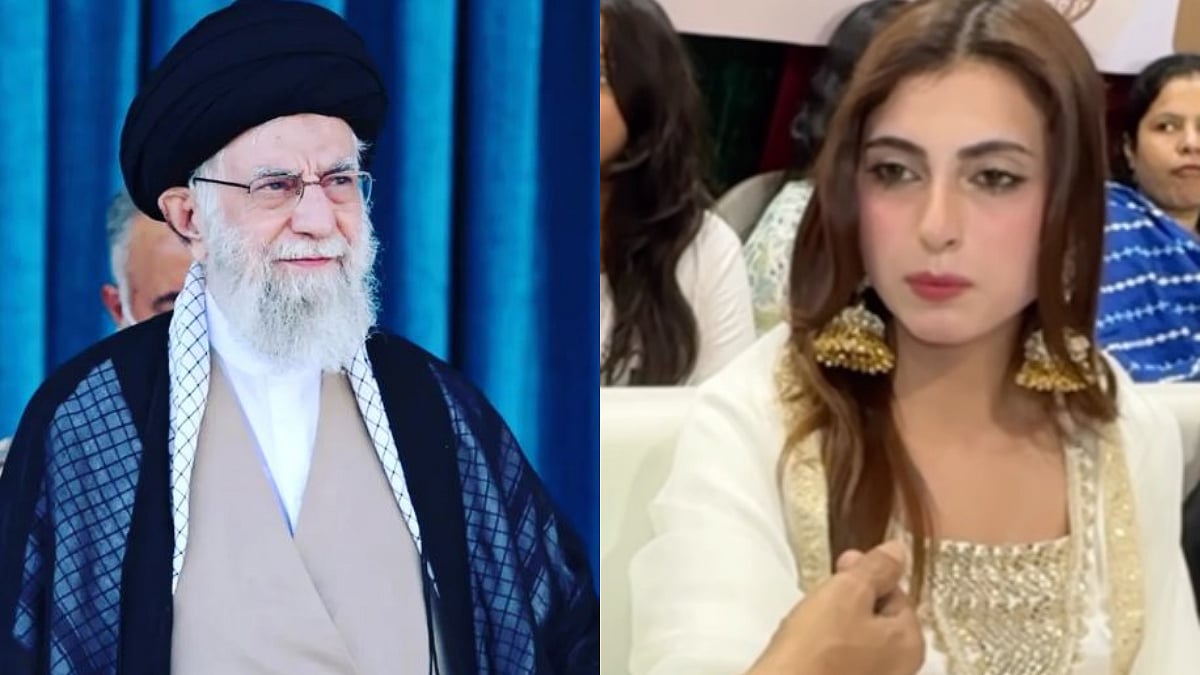Moving in upper-caste circles, you cannot escape that nauseous grimace with a crackling ‘Tch! Tch!’ whenever the subject of SC-ST-OBC reservation comes up. If a highly placed bureaucrat happens to be around, he will most likely have a wallet of hilarious gems about the idiocy of a junior colleague from quota to amuse the crowd. Maybe a principal will share his own funny-cum-frustrating stories about a new teacher (the oldest son of a cobbler) who is so ignorant of his subject he asks his best student to stand holding the book by his chair and teach the class, his own contribution being frequent catnaps and dog-like yawns when awake. Exaggerations forgiven, there will be more such stories, and in the end somebody will say, “This country is doomed,” and the others will lament in chorus, “It is, it is.”
The system sinking under the burden of ‘undeserving’ quota appointees is just one of the four strands of argument against reservations you commonly hear in upper-caste circles. There are three more: one, it is the wealthy among the lower castes who take the entire quota cake; two, the upper castes are victims of ‘reverse casteism’ and not getting jobs and college admissions; and three, reservations have gone on for seven decades, bringing benefits in terms of jobs, college admissions, scholarships, grants, loans and subsidies to large numbers of lower castes, and hence they must go.
Did we not hear the echoes of it in the observations of the judges who formed the majority in the Supreme Court judgment favouring the EWS quota? They, too, saw the lower castes as ‘privileged’. They refused to include them among the economically weaker sections, saying they were enjoying quotas that were not based on the law of equality and hence had no right to demand application of the equality law in the EWS quota.
And the majority judges also wanted reservations to go. Their call for an end to reservations was, of course, in total contradiction with their endorsement of EWS reservation — it was like a longevity injection given by them to a monster they wanted to kill — but we will let that pass. We will concentrate on the question they have raised: should we not fix a timeline for abrogation of reservations?
Before we cast something away, we have to remind ourselves of why we had it in the first place and whether it has served its purpose. What were reservations meant for? Certainly not for societal transformation. Reservation was not a revolution. Nobody — neither Gandhi nor Ambedkar or the Congress or other political parties — saw it as the only way to transform India into a casteless society. It was seen as a way of fostering educational and economic advancement of the castes that had been historically denied opportunities for it. It was an enabling instrument to promote equality, not a machine to level up inequality.
The Indian state has dealt with only a small part of caste inequality by granting reservations. It has left the larger part of caste inequality to be dealt with largely by social forces.
The lower castes suffer a thousand kinds of caste discrimination out there in society, and it is they who have to fight it. The higher castes still hold most key positions and tend to disfavour lower castes in recruitments where they are not bound by the quota. They do not allow men and women of the lower castes to marry anyone from their castes. Their resistance often turns violent and even ends in murders. Students of upper castes refuse to eat mid-day meals at schools where the cook happens to be from a Scheduled Caste. There are still many temples where the entry of Scheduled Castes is banned. The lower castes are commonly subjected to caste epithets, indignities and slurs. They are humiliated with stereotypes of being dimwits, dunces and dolts, as we hear at upper-caste gatherings.
The state has criminalized caste discrimination. But the implementation of the laws remains in the hands of politicians and police officers who are often upper-caste and full of the usual prejudices against lower castes. The lower castes have to live with the discrimination or fight it on their own, though in some places they might be helped by a social or political organisation.
Caste discrimination is thus endemic. Reservations tackle only a corner of it. And are they even tackling the corner sincerely and effectively? No, is the answer.
In 2015, two decades after the OBCs got 27% quota, their share in central government offices was only 12%, according to the Department of Personnel and Training (DoPT). Figures released by the DoPT in 2022 showed that in 43 Central Government departments and offices, including the Cabinet Secretariat, UPSC and Election Commission, the OBC share was 20.26%. In Group A, the highest grade in the bureaucracy, the OBC share dropped further to 16.88%. In this grade, even the SCs had a smaller share (12.86% against the statutory 15%), and so had the STs (5.64% against the statutory 7.5%).
Over seven decades after SC/ST reservations and nearly three decades after OBC reservations were introduced, the Central and state governments have still not implemented them fully and satisfactorily. Reservations are still a work in progress. The DoPT has been writing often to the Union ministries and departments to end the inadequacy of representation of SCs, STs and OBCs, but to little avail.
While the Government has provided only a smaller-than-statutory share to the OBCs, it is currently gripped with a new problem: a small percentage of OBCs is taking a large share of the reservation pie. It set up a commission headed by retired Delhi High Court judge G Rohini for sub-categorization of OBCs to make quota sharing among them more equitable. Several political parties are asking for a caste census to make quota sharing more equitable.
Clearly, reservations have proved to be an incomplete process. A call to wind them up will not get buyers among the lower castes. There are layers and layers within reservations, making them a complex issue. Though we know quotas are not going to bring about societal transformation, we might have to live with them longer than we would like to.
Unless we resolve to tackle the root of the problem. The way to end reservations is to end social discrimination and violence out there in society. The state has to work towards transformation of the character of its administration from being caste-conscious to equality-conscious. If equality is established in society, quotas will lose their meaning.
Arun Sinha is an independent journalist and the author of The Battle for Bihar




